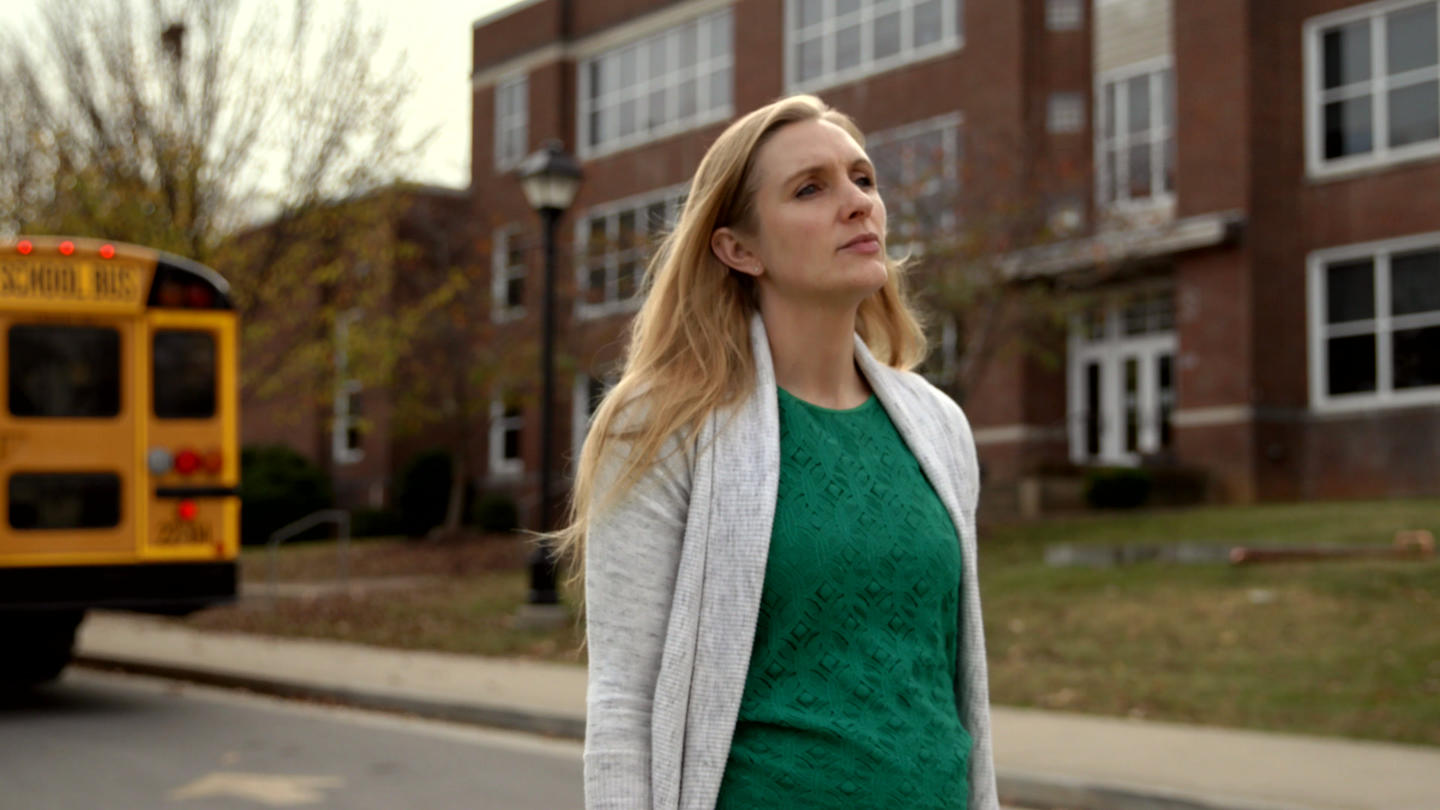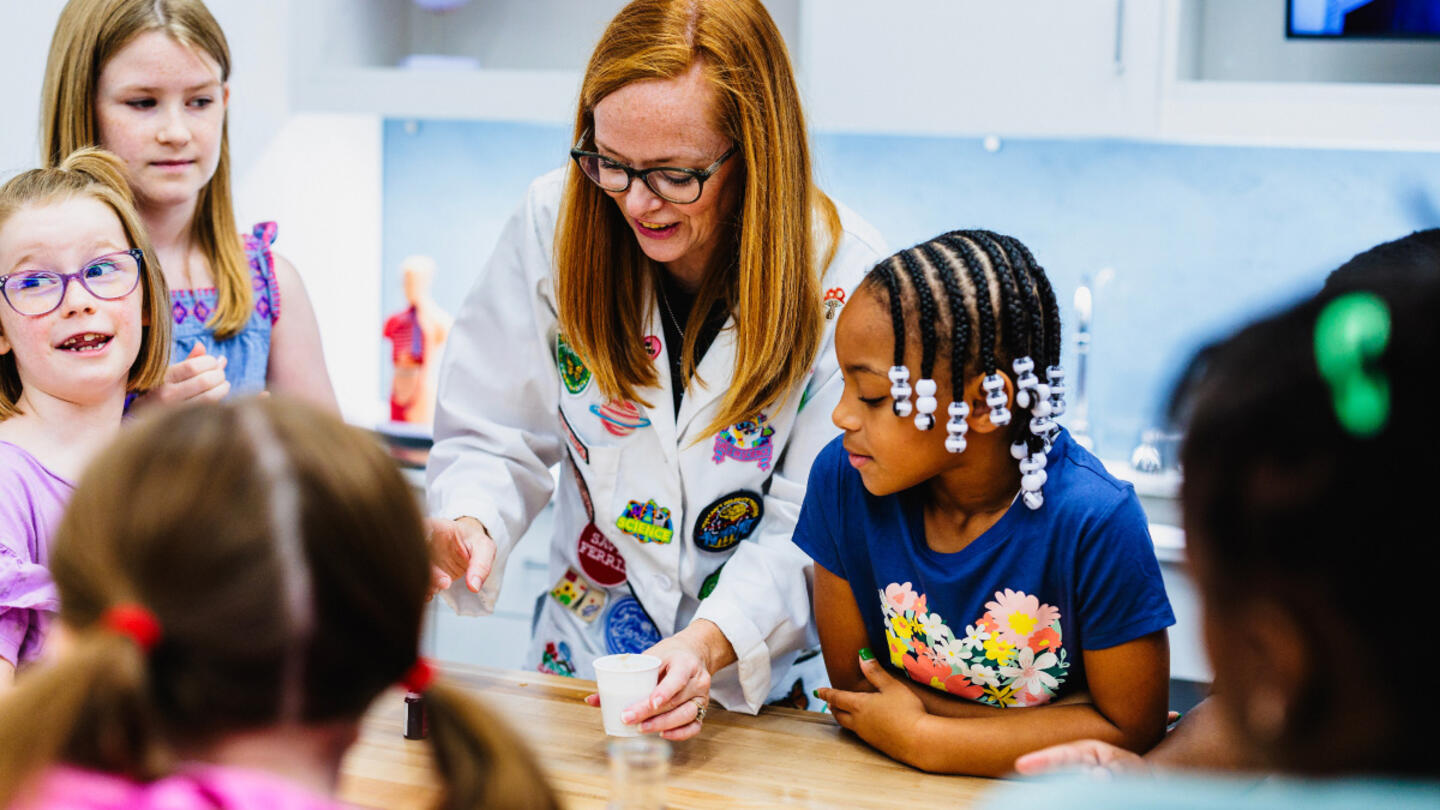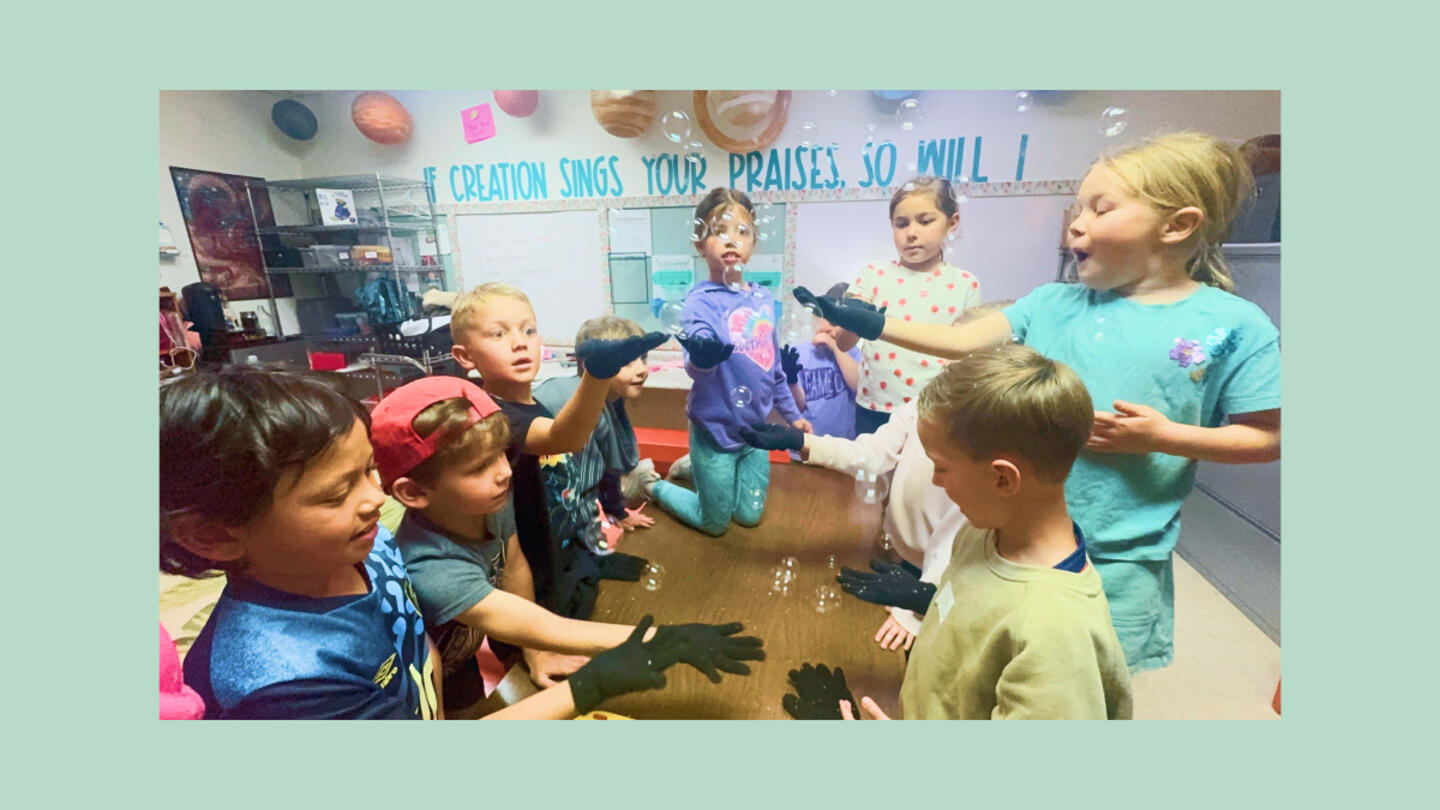Over 280,000 teachers left their jobs since the COVID-19 pandemic began, accelerating a teacher shortage that schools across the country have been grappling with for years. It turns out, however, that there's been a solution hiding in plain sight.
That's where Reach University comes in. The online nonprofit university is training paraprofessionals — teacher aides — to become teachers inside of the schools that already employed them.
"Over a million people want to become teachers and are working every day in classrooms as paraprofessionals," says Dr. Mallory Dwinal-Palisch, founder and chancellor of Reach University. "They can't become teachers because they cannot afford to earn their college degree."
Reach University solves this problem by meeting paraprofessionals where they are, letting them earn their degree at an affordable price within a manageable schedule. Instead of offering traditional four-year degrees, the university is creating an apprenticeship pipeline for working professionals — and changing the education process for teachers.
Why is there a teacher shortage?
Teachers have been citing burnout and long hours for too little pay long before the pandemic. But COVID-19 exacerbated it. "Teacher shortages were like a dam before the pandemic," says Dwinal-Palisch. "We had a slow leak, and then it broke the dam wide open."
In 2006, a group of 15 educators launched the Reach Institute for School Leadership to create an affordable and realistic pathway for aspiring teachers to get certified. They believed jobs should lead to degrees, not the other way around.
The nonprofit launched its first accreditation program in 2007, followed by a masters program in 2011. In 2020, Reach announced an innovative bachelor's degree program that empowers school staff and paraprofessionals to become teachers in the schools where they already work.
"Every day, 1.3 million paraprofessionals go into work in our public schools," says Dwinal-Palisch. "They can't become teachers because they're making minimum wage. And the idea of supporting their families while they go and pay for a college degree on nights and weekends does not make sense."
With the addition of the bachelor's program, Reach University was born. There are currently over 1,000 paraprofessionals in training. Reach wants to certify an additional 10,000 teacher apprentices in the next four years.
Solutions to the teacher shortage: From paraprofessional to teacher
Arlie is the perfect candidate for Reach University.
A busy mom of four, Arlie was pursuing a teaching degree 20 years ago. Then life got in the way. She had to drop out 18 months before graduating college to take care of her family. Today, she works as a teacher's aide in the same Russellville school district she attended as a child.
The Arkansas native says she puts up to 38 hours per week into her education while juggling mothering duties and her job. Since teaching is her passion, however, the challenge is worth it. She looks forward to her children seeing the tassel in her graduation cap.
"If this is what you really want, it's completely obtainable," Arlie says. "What I learned about myself is I'm a lot stronger and a lot smarter than I give myself credit for. I can do it."
Solving the teacher shortage means fixing the system
Dwinal-Palisch believes there's an urgency to the teaching shortage. As she says, "There is no way that America is still around in 200 years if we do not take the time now to fix our American education system."
While Dwinal-Palisch has ambitions of national accreditation, Reach University is currently focusing on underserved urban and rural communities in Alabama, Arkansas, California, and Louisiana.
Dwinal-Palisch believes that education is just the beginning of a new apprenticeship model that Reach University is helping spearhead.
"Apprenticeship degrees hold the potential to change our nursing pipelines, our social worker pipelines," she says. "It has the opportunity to make sure that individuals can access any profession that they dream of — and not let money be the thing that gets in the way."
Reach University is supported by Stand Together Foundation, which partners with the nation's most transformative nonprofits to break the cycle of poverty.
Learn more about Stand Together's education reform efforts.



